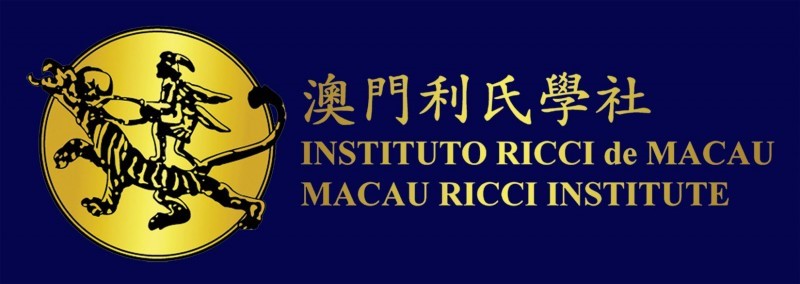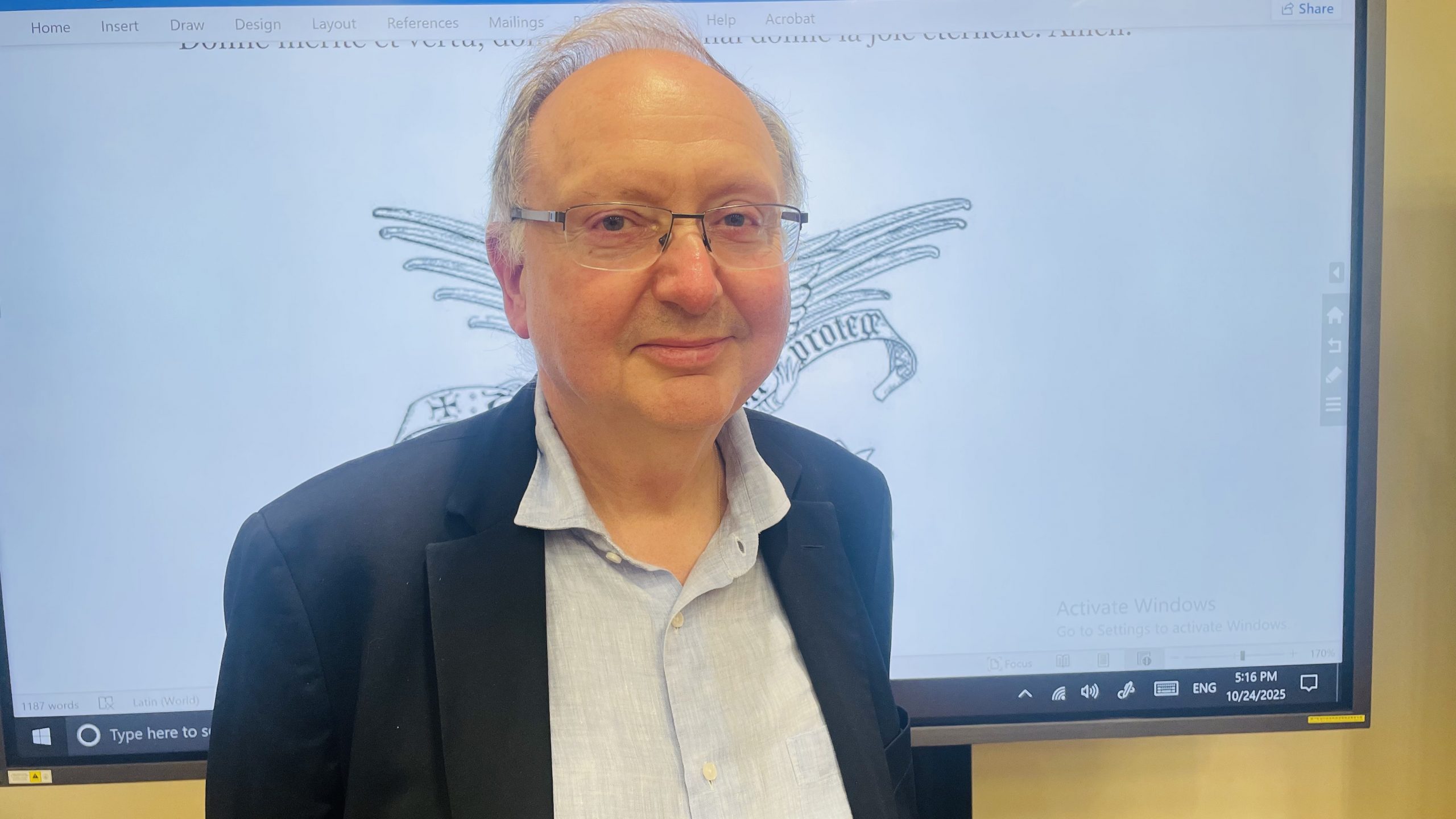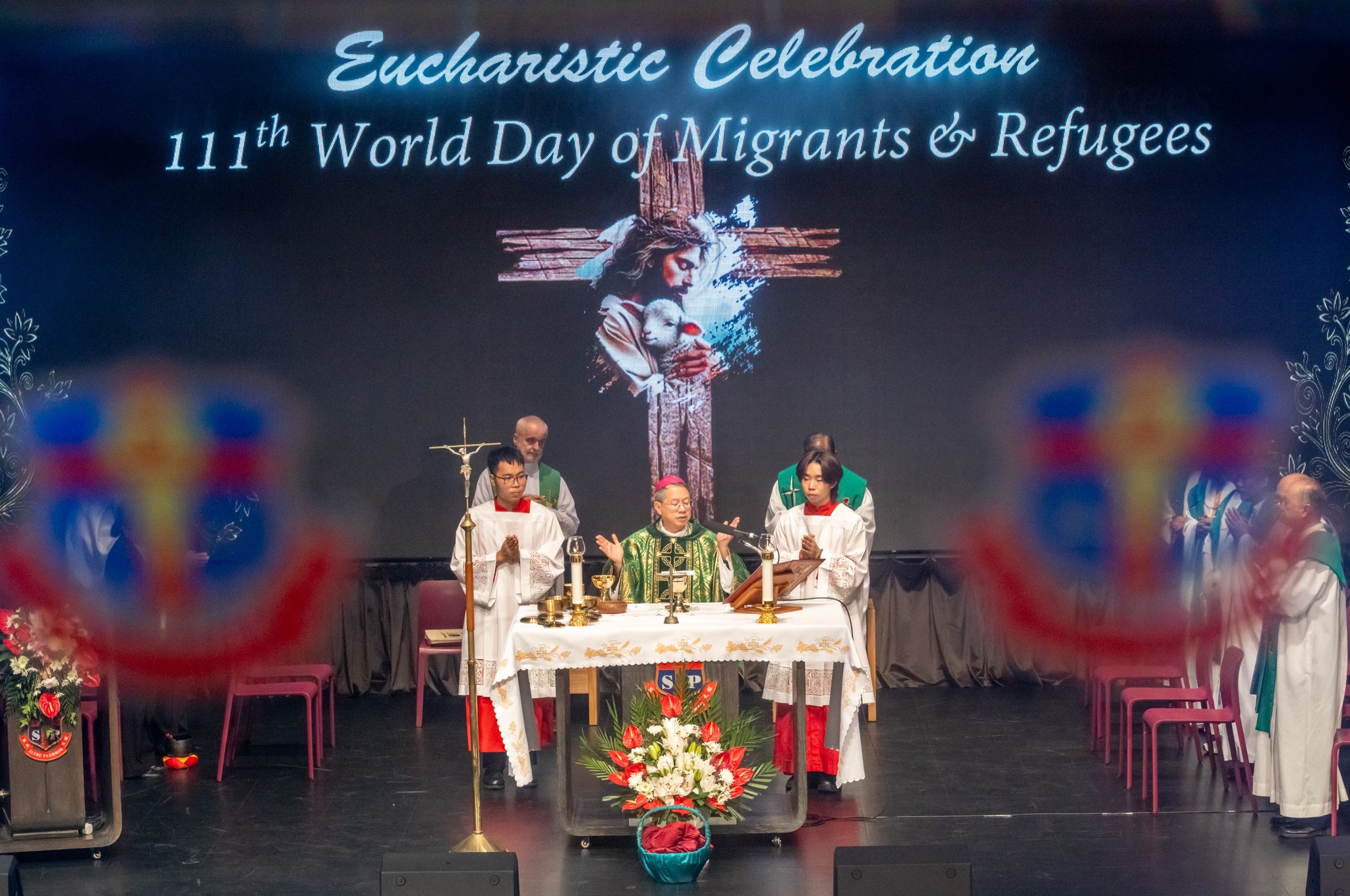Marco Carvalho
The relationship between sustainability and integrity and its relevance for sound business practices sets the tone for Macau’s Ricci Institute’s upcoming virtual forum. Termed “Sustainability through Integral and Spiritual Leadership,” the initiative will take place on Wednesday evening.
The Jesuit think tank has invited practical theologian Christine Lai, a researcher at the Hong Kong Bioethics Resource Centre and wellness consultant for Hong Kong Caritas Social Services, to expound how “a leadership empowered by spirituality, knowledge and wisdom” can lead to more integrated, straightforward and sustainable business practices, opening the doors to social transformation.
The need for upstanding and enlightened leaders, Father Stephan Rothlin asserts, is now more pressing than ever. Father Stephan Rothlin, the director of the Macau Ricci Institute, stresses that the Catholic Church itself should play an important role in the upbringing of leaders that can foster a well-needed social change. “It is sadly true that even inside the church we have lost the conviction that integrity can be taught and acquired. However, especially times of crises may offer us a new opportunity to realize how devastating the consequences of irresponsible populist leaders and dictators are. Therefore, new efforts seem to be urgent to implement the understanding of self-mastery and leadership from a very early level of education, and provide a platform of learning to those leaders who do face enormous challenges,” says Father Rothlin. He goes on to add, “We have a solid framework for the transformation of the world with the encyclicals of Pope Francis and his predecessors. I do think that especially Fratelli tutti (2020) and Laudato si (2015) lay an excellent framework for understanding the key factors of wisdom and leadership on a personal and individual level, so that spirituality and rootedness in the mercy of God may not remain empty rhetoric but are tested in the commitment of a sustainable future and an outreach to our brothers and sisters within and outside the community of the Church. We need to humbly admit there is still room for improvement, so that we can genuinely understand and implement these crucial insights.”
Starting at 6:30 pm, next Wednesday’s forum is the first of two initiatives that the Ricci Institute of Macau will promote with the aim of publicizing the Deignan Award for Responsible Entrepreneurship as well as the values that guide the attribution of the prize. “The forums with Dr. Lai on June 8th and with Professor Stephen Park on June 29th are designed to help to better understand the various aspects of the Deignan Award for Responsible Entrepreneurship we have launched in both Macau and Hong Kong,” Father Rothlin explains. “In times of uncertainty, we need to acknowledge the urgent need for a change of mind also in the world of business. The Deignan Award, which recalls the passion for values of Father Alfred Deignan SJ – who was also a founding father of the Macau Ricci Institute – is focused on small and medium-sized companies which offer the best proof that the entrepreneurship we need today needs sustainability, integrity and firm steps to improve working conditions, along the principles of fairness, solidarity and subsidiarity,” Father Rothlin, a Swiss missionary, concludes.


 Follow
Follow


